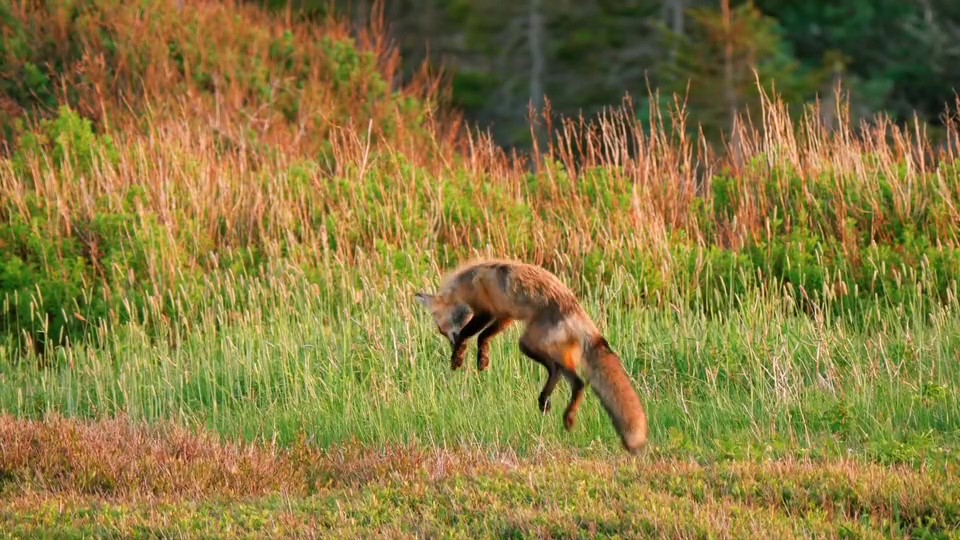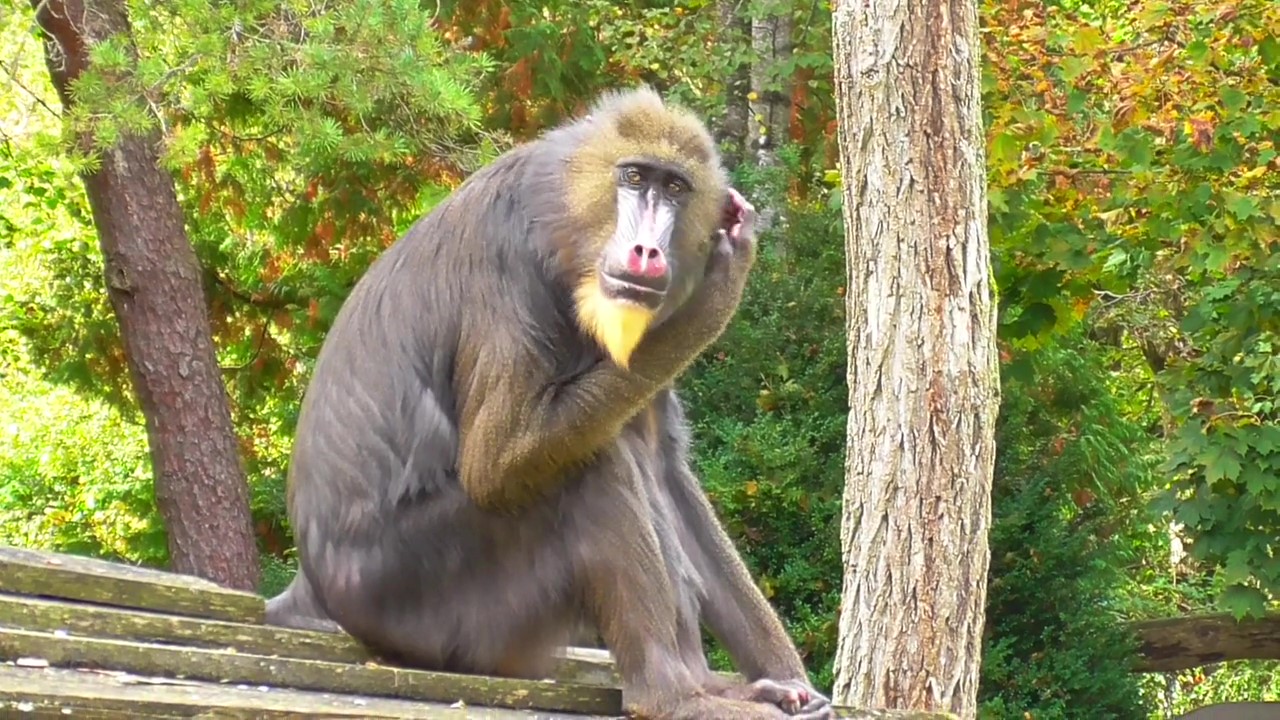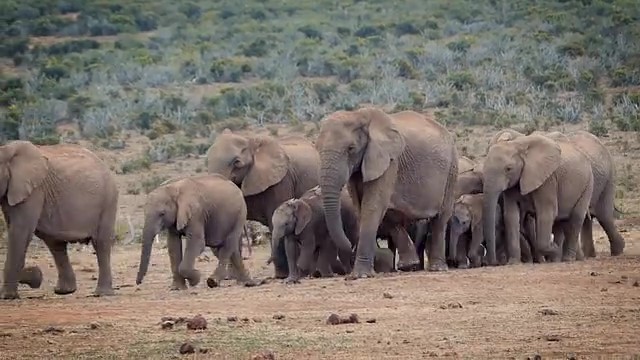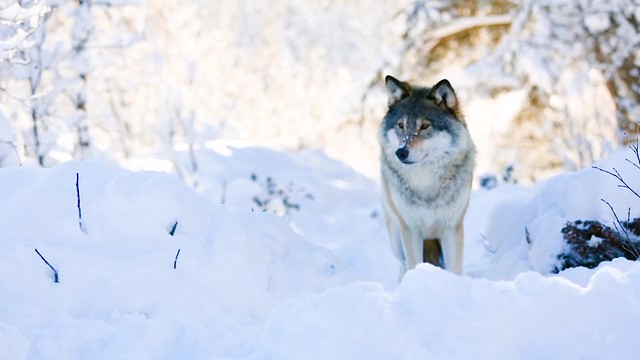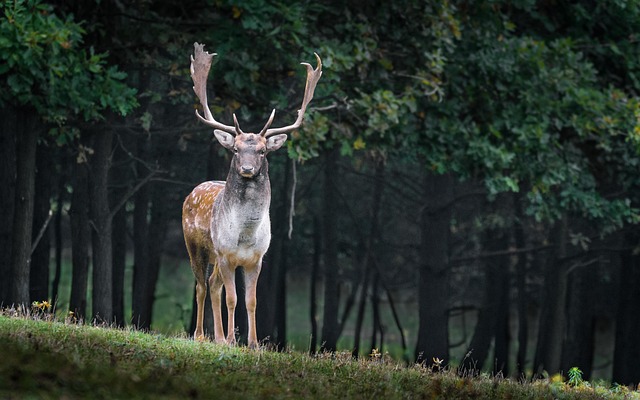
Puma
Puma
Puma
Pumas, which live in the Americas, are large feline animals that look just like female lions. It's an animal you don't see very often outside of illustrated books and zoos, so maybe it's the first time I've seen it! I never knew his name before! Some people may say that. However, pumas have great physical abilities and are also the animals that give them the name of a famous sports brand. Let's take a peek together to see what characteristics and secrets Pumas have in this article!
Puma Basic Infomation

Mammalia-Carnivora-Felidae-Puma genus.
Male length:105~180cm weight:67~103kg. Female length:96~151cm weight:36~60Kg.
Pumas are the largest feline animal in North America, living in a wide area from South America to North America.Pumas have a very wide range of habitats, and are known to inhabit all kinds of environments, from snowy subalpine zones to tropical rainforests, wetlands, grasslands, and deserts.
Such pumas are very cautious and are basically animals that live alone.Both males and females reach sexual maturity at the age of two to three years, but it is said that females are often able to reproduce faster.
There is no fixed breeding season, and pregnancy and childbirth can occur all year round, but depending on where you live, childbirth may be skewed to a time that is advantageous for child rearing.
Pumas have a gestation period of about 92 days and give birth to two to four children per birth.
Puma hunting is an ambush type. When they find their prey, they approach it without a sound and wait patiently until the other person is caught off guard. And as soon as he gets a chance, he jumps on it and bites it in the throat, chin, or tummy and knocks it over in no time.
Wild pumas love deer such as white-tailed deer and mule deer, but they also eat herbivores such as bighorn sheep, peccaries, beavers, hares, and porcupines, as well as sometimes coyotes. They also seem to eat fish as well as mammals.
Puma Q&A

What is the difference between a puma and a lion?
Pumas and lions look very similar, but what are the differences?
The first difference is where you live. Pumas live in the Americas, while lions live in Africa and Asia. There is no overlap in the habitats of pumas and lions.
The second difference is lifestyle. Pumas basically live alone, but lions live in packs of around 10, called "pride". We see lion herds in Africa and Asia, but we don't see pumas herds in America.
Another difference in appearance is the thickness and shape of the tail. The tail of the puma is thick, and the thickness hardly changes until the end. The tail of a lion, on the other hand, is thinner than that of a puma, and has bushy black to dark brown hair at the end.
And as for the size of the body, the lion seems to be slightly larger.
Comparing the length of each, pumas are about 105-180cm in males and 96-151cm in females.
Lions, on the other hand, are about 170-250cm in males and 140-180cm in females.

Is it true that Pumas are good at jumping?
It's true. Pumas have a very strong jumping ability and can jump up 4 to 5 meters vertically on the spot.
It may be hard to imagine from the numbers, but if we assume that the distance from the ground to the second floor of the building is about 3 meters, the puma can easily jump from the first floor to the second floor. It may be a little easier to understand if you think about it.
Pumas can also fly as wide as 12 meters without a run-up.
The world record for the human standing long jump is 3m73cm set by "Byron Jones" of American football in 2015, so if you compare them, you can see that Pumas have amazing jumping and leg strength.

What does a puma sound like?
It is a puma that looks just like a female lion, but actually has a cute voice like a pet cat.
Pumas cannot raise and lower their larynx freely, so they cannot bark like lions and tigers.As a result, they have cute voices such as "Meow" and "Mew" that you can't imagine from their appearance, and they may also make their throats rumble like cats.

Is it true that puma has many aliases?
It's true. Pumas, which have a large habitat, are often referred to by various names such as "Cougar," "American lion," and "Mountain lion.

Is it true that Pumas are related to the sporting goods brand "PUMA"?
It's true. There is a famous sporting goods brand called "PUMA" and the name and logo of this brand are derived from animal pumas.It is said to express the power of the product with puma, and the logo depicts a puma jumping lightly and powerfully.

I wonder if Pumas don't like water too?
Many people have the image that cats do not like to get wet or take a bath. So does puma, a fellow cat, also dislike water?
In fact, Pumas, a fellow cat, also dislike water and hide when it rains to prevent their bodies from getting wet.
However, although pumas do not swim willingly, they are actually known to be good swimmers. However, if they have to, they will swim, but basically, they often don't like to get wet.
By the way, it is believed that there are three reasons why cats do not like water.
The first reason is that the ancestors of pet cats are wild cats called "African Wildcat" living in arid desert areas, and they are not used to getting wet themselves.
The second reason is that getting wet takes away body heat and strength, and the third reason is thought to be because they are very particular about taking care of their coats.

Is it true that puma mothers are eager to raise their children?
It's true. Pumas are animals that raise their children only with females.When a mother puma has a child, she spends about 10 days with him/her on the roost and communicates with him/her a lot without leaving him/her for a moment until his/her eyes open.
After that, when the child grows up, the mother puma takes the child from place to place and diligently teaches them one by one what they need to do to survive, such as hunting and climbing rocks.
The mother pumas don't get angry when their children can't do what they are taught, and they will gently lick their bodies when they can.
Incidentally, baby pumas are known to have a cheetah or leopard-like mottled pattern. This pattern fades as they grow, so adult pumas have almost no pattern.

How long does a puma live?
The lifespan of a puma is said to be 10 to 15 years in the wild and 15 to 20 years in captivity.。
As any animal gets older, its body slows down and its strength weakens.
Therefore, rather than living in the wild, where you have to catch your own prey, or where injury or illness may be fatal, people tend to live longer in captivity, where they can always eat every day and are treated if they get injured or sick.
It would not be an exaggeration to say that this is not only true for pumas, but for most animals as well.

What do the pumas at the zoo eat?
For example, in the case of zoos in Japan, pumas are fed meat such as horses and chickens, chicken heads, and liver.
However, meat processed for human consumption has had its blood and internal organs removed and lacks the nutrients necessary to make a puma body.
For this reason, zoos sometimes sprinkle vitamin and calcium powder on the meat to help balance the nutrition.

Do pumas ever attack people?
Unfortunately, pumas can attack people. In fact, in the U.S. And Canada, there are a few accidents a year where people are attacked by pumas, and fatal accidents occur once every few years.
However, such accidents often occur when you are cycling or camping in places where there is a lot of nature, such as mountains or forests, where pumas live.
If you have a chance to go to a place where a puma lives, you might want to keep in mind that even a child puma has the power to seriously injure a human, that a puma will approach you without making any footsteps, and that a mother puma with a child is aggressive.

Can a puma be kept as a pet?
Some of you may have seen people with pumas on social networking sites or on TV. So can pumas actually be kept as pets?
In this article, I will use Japan as an example to see if pumas can be kept as pets.
First of all, Japan has a law called the "Act on Welfare and Management of Animals". Among them, pumas are designated as "specified animals" which are animals that can cause harm to human life and property.
Previous specified animals could be kept as pets if they met certain conditions, but on June 1, 2020, the law was amended to completely prohibit the keeping of specified animals for petting purposes.
In other words, you used to be able to keep pumas as pets in Japan, but now you can't.
Incidentally, the laws and regulations on whether or not wild animals can be kept as pets vary greatly from country to country, so there are still countries where pumas can be kept as pets.

What enemies do puma have?
Pumas are very strong animals, but do they have enemies? In the wild, pumas' enemies are bears and wolves, and as children, they may be eaten by these animals.
In addition, male pumas can kill children raised by females who are not related to them.
By the way, when pumas meet each other in a territory, it can sometimes be a life-threatening struggle. Therefore, in a sense, puma may also be an enemy of puma.
But for Puma, the biggest enemy is us humans. In the past, pumas were exterminated using guns, traps, poisons, and everything else because they were dangerous beasts of prey that attacked people and livestock. At that time, it is said that you could get a bounty for exterminating pumas.
Also with the spread of automobiles, more and more pumas lost their lives in traffic accidents, and as a result, the number of pumas has decreased and they have become extinct in many areas.
Times have changed since then, and the bounty system that had been put on puma for a while has been reviewed, and now there seems to be a gradual increase in the movement to protect puma.
Currently, pumas are protected by law and are said to be gradually increasing their population and habitat.

Would you like to become a part of the 'Animalbook.jp'?
Turn your knowledge into Q&A and share it with the world. ※Publication will be activated after purchase. Let's share information together!
Puma Type of List

- Puma
Information
Congratulations! You are the first commenter!

Would you like to leave a comment?
※Please note: This is for the purchase of rights to post comments within the article.

Find Your Favorites!
Our shop offers a unique and attractive selection of goods themed around various animals.
Puma References

- 今泉 忠明(2004年)『野生ネコの百科』データハウス
- 東京ズーネット「どうぶつ図鑑 ピューマ」 https://www.tokyo-zoo.net/encyclopedia/species_detail?species_code=79
- ナショナル ジオグラフィック「動物大図鑑 ピューマ」 https://natgeo.nikkeibp.co.jp/nng/article/20141218/428886/
- ナショナル ジオグラフィック「復活するピューマ」 https://natgeo.nikkeibp.co.jp/nng/article/20131122/374587/
- ナショナル ジオグラフィック「大事なことはすべて母から教わる ピューマ家族の生活」 https://style.nikkei.com/article/DGXMZO37464820X01C18A1000000/
- 大塚デザイン「みんログブログ プーマのロゴ」 https://www.otsuka-design.com/logo/blog/?p=180
- 静岡市「平成30年7月6日 市長定例記者会見 <導入個体情報>」 https://www.city.shizuoka.lg.jp/000788493.pdf
- 盛岡市動物公園「ZOOもりおか 第16号2007」 http://moriokazoo.org/image/event/2007.pdf
- Wikipedia「立ち幅跳び」 https://ja.wikipedia.org/wiki/立ち幅跳び
Puma Introduction of media used
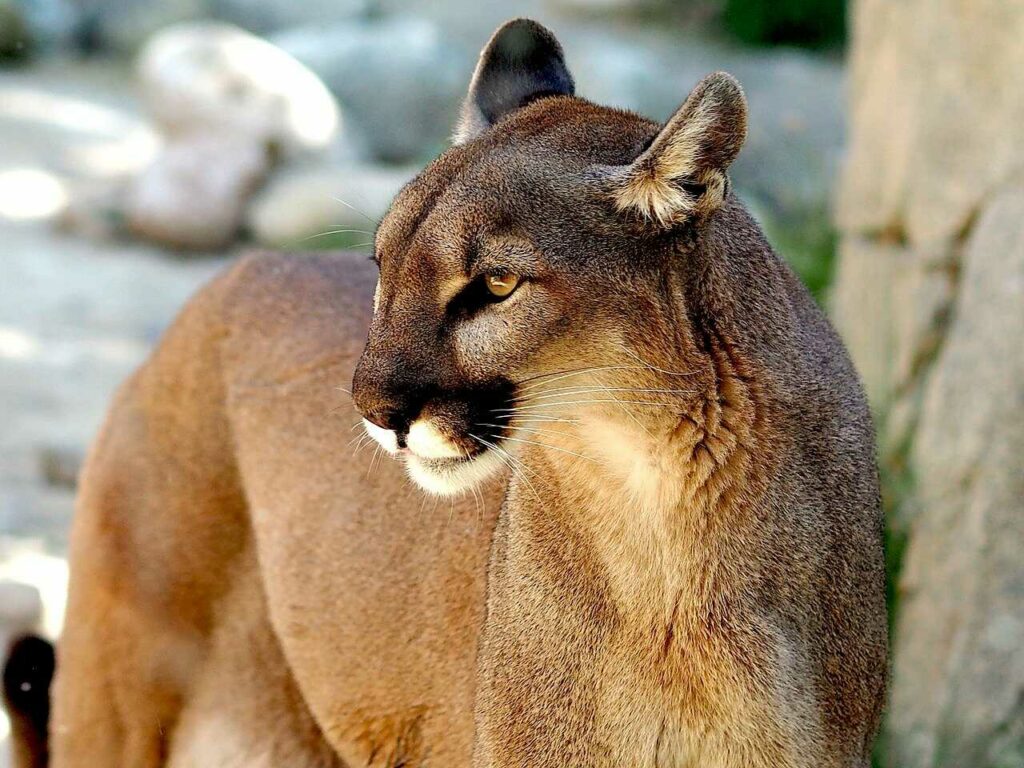
出典:https://pixabay.com/images/id-4190562/
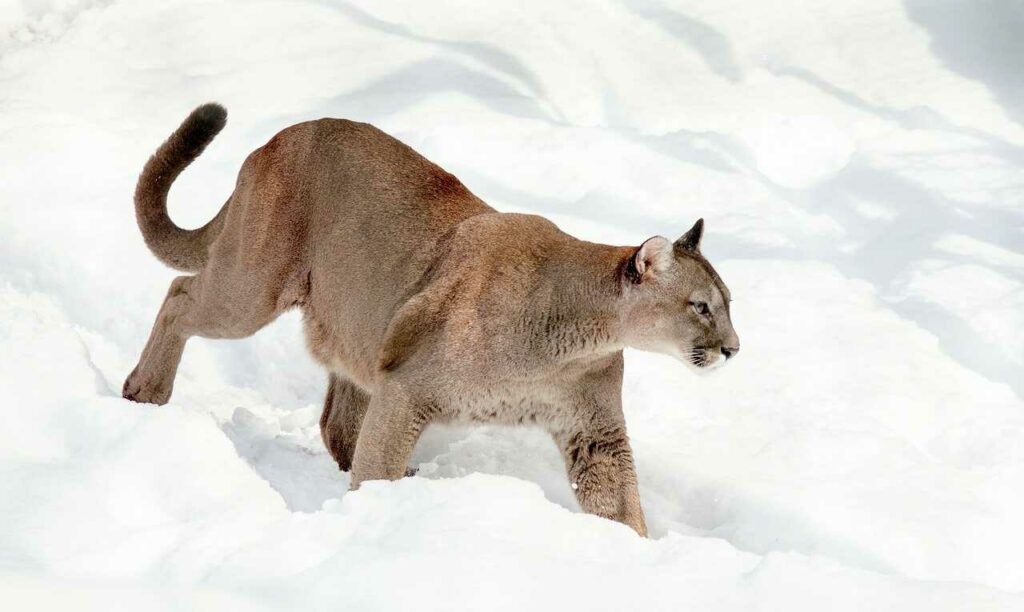
出典:https://pixabay.com/images/id-1982452/
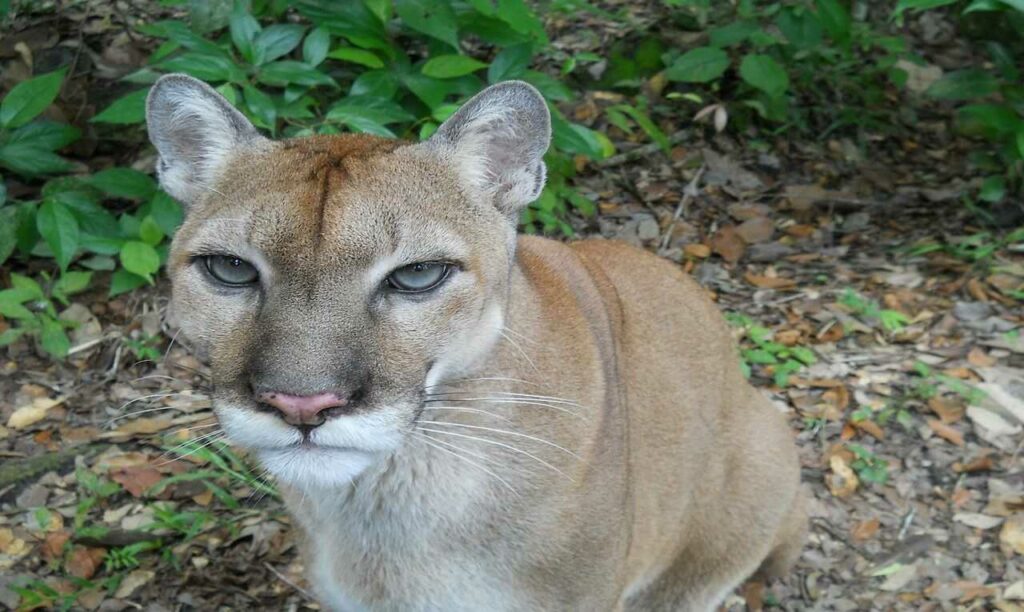
出典:https://pixabay.com/images/id-1053643/
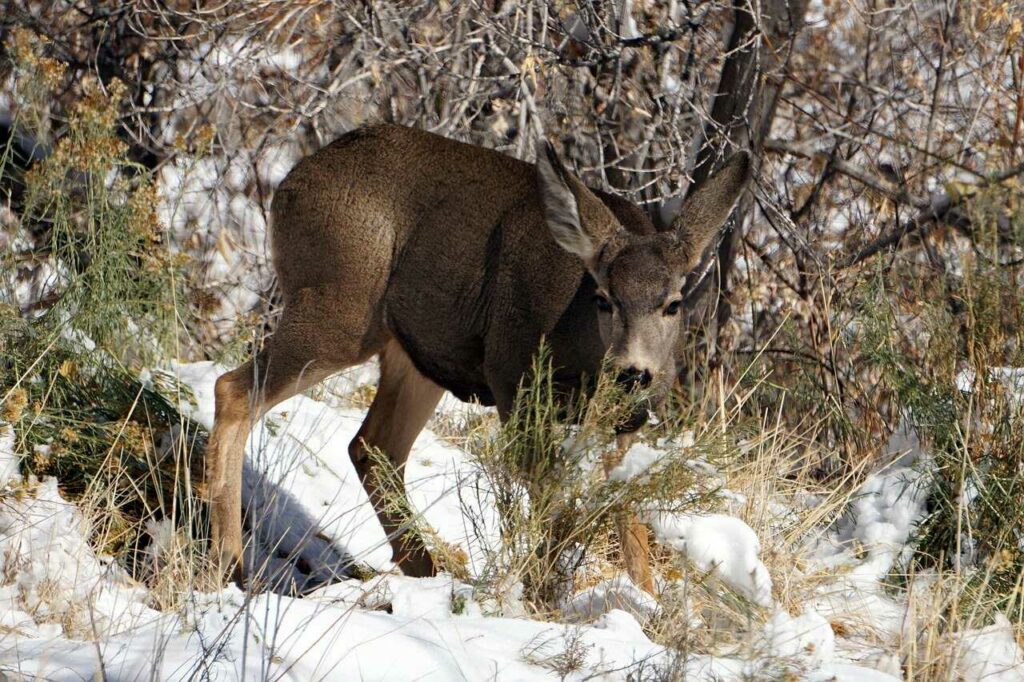
food
出典:https://pixabay.com/images/id-5727924/
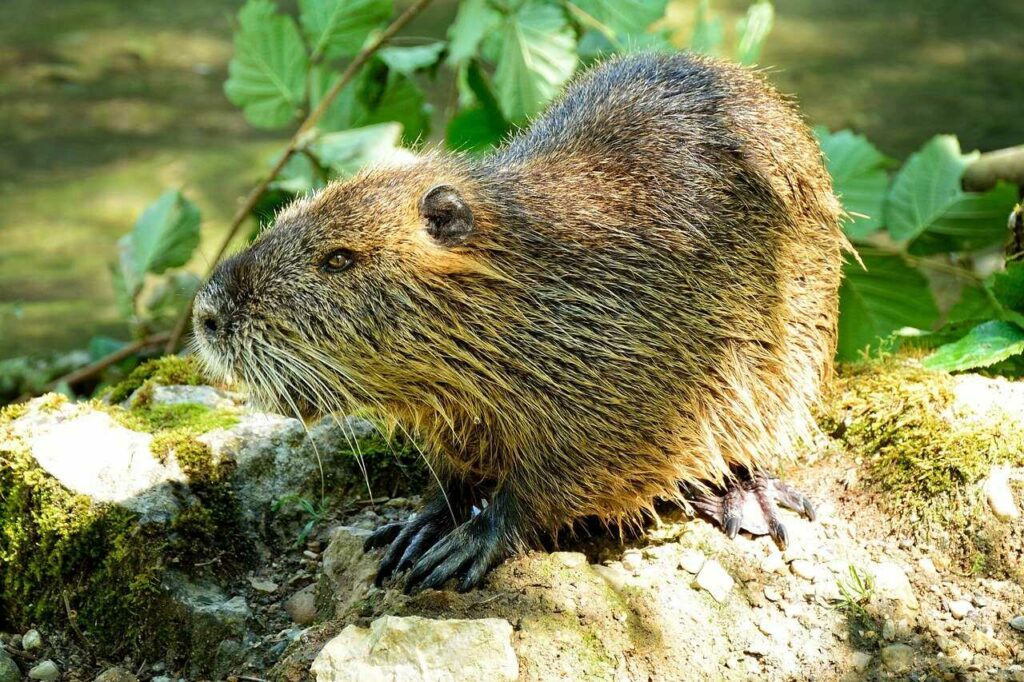
food
出典:https://pixabay.com/images/id-862600/
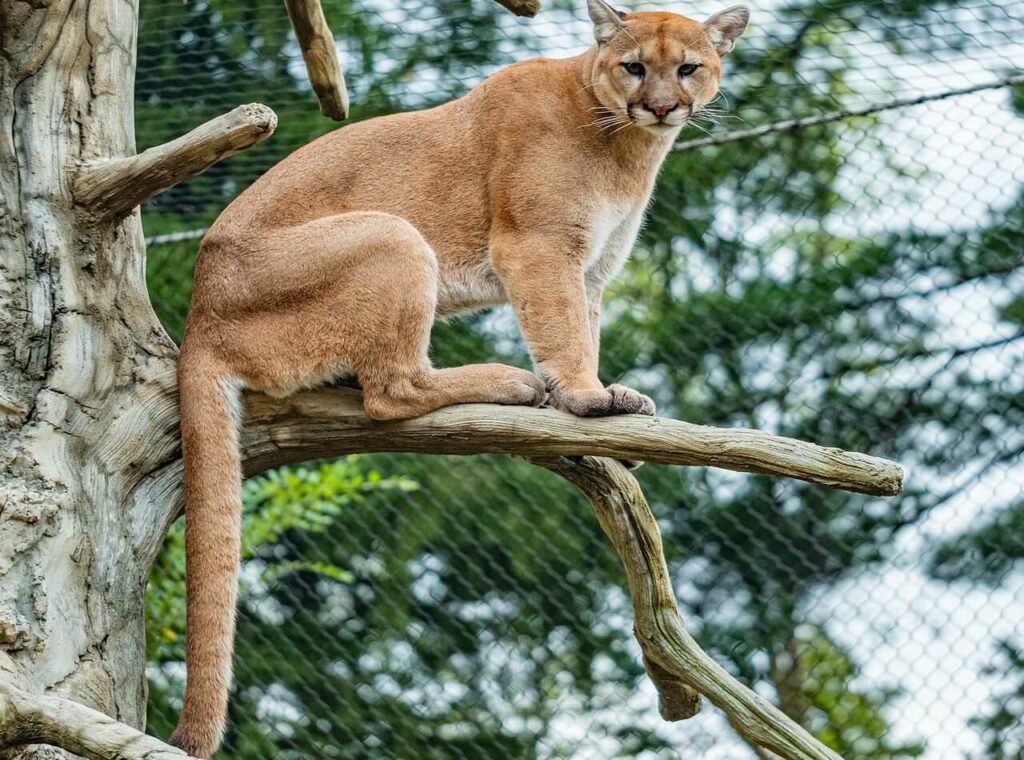
出典:https://pixabay.com/images/id-5605275/
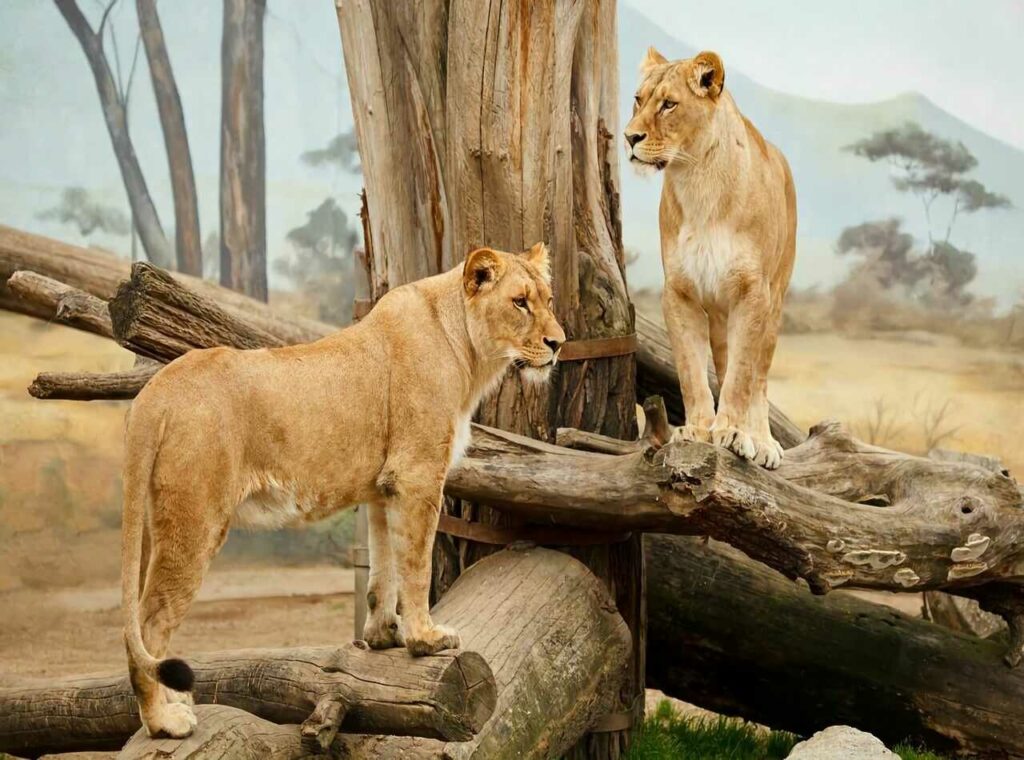
similar
出典:https://pixabay.com/images/id-21940/
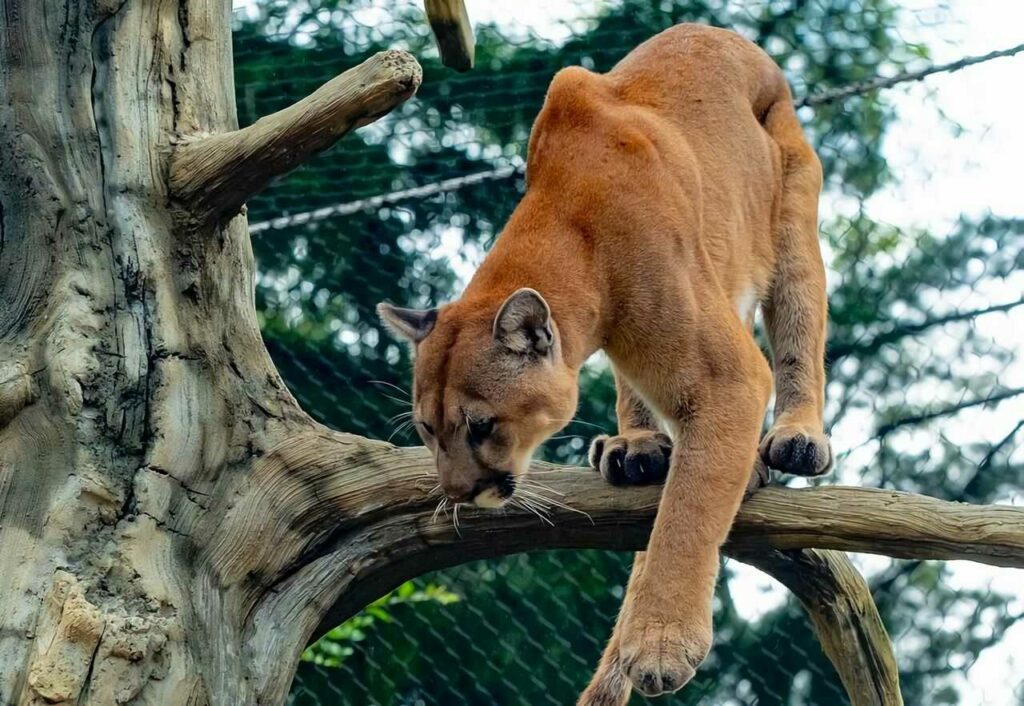
出典:https://pixabay.com/images/id-5621490/
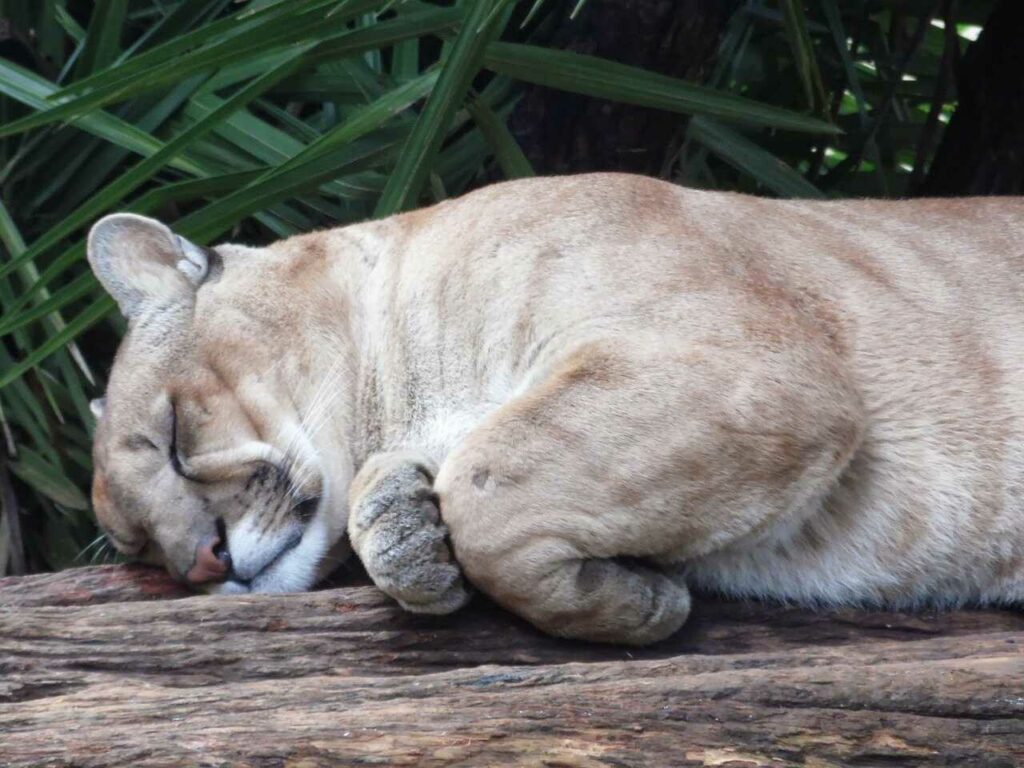
出典:https://pixabay.com/images/id-2695784/
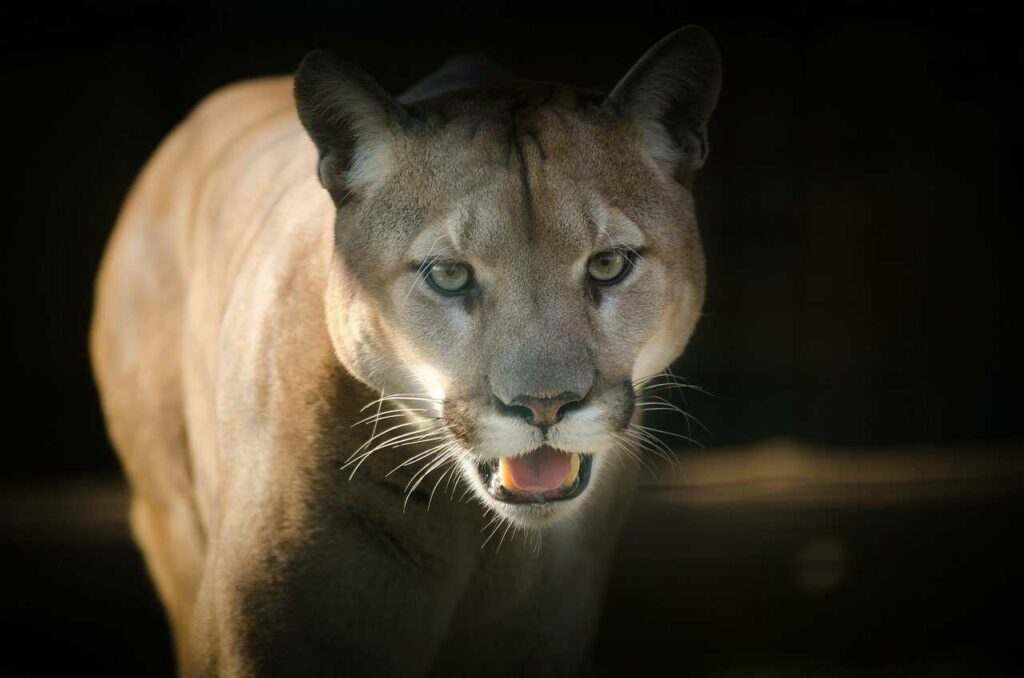
出典:https://pixabay.com/images/id-2873096/
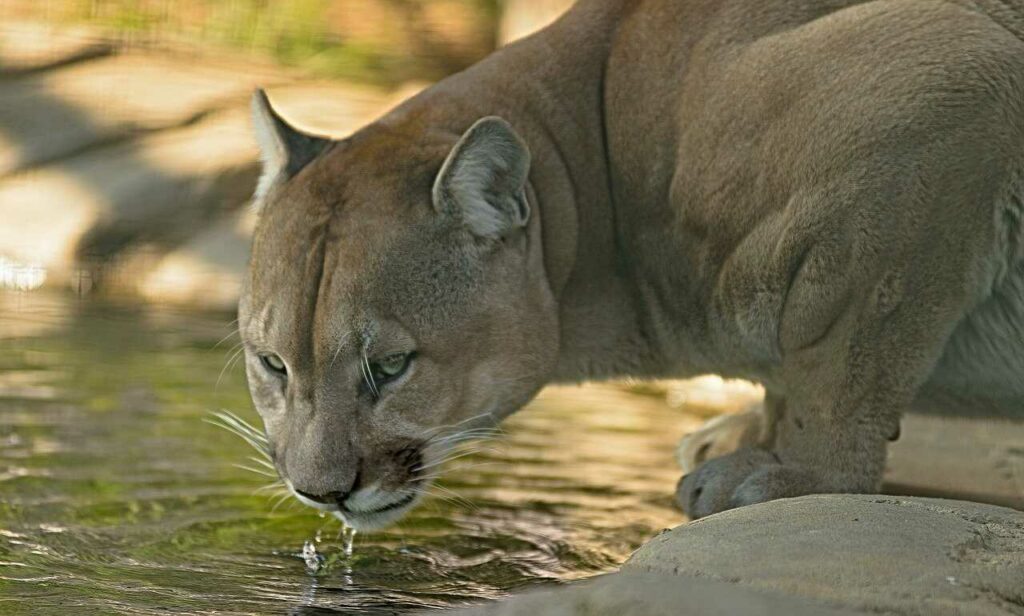
出典:https://pixabay.com/images/id-2808198/
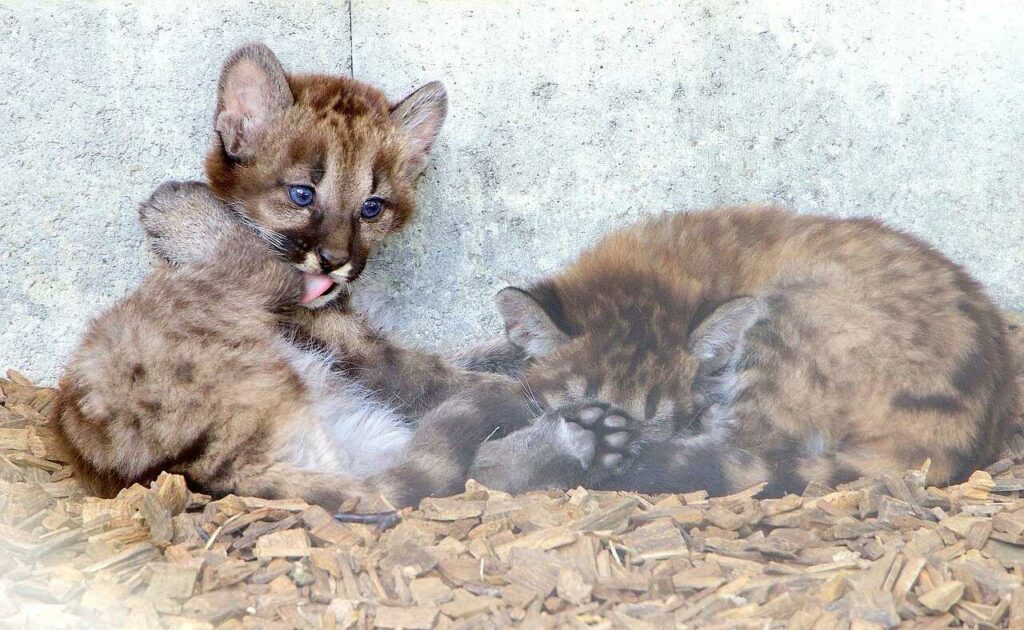
出典:https://pixabay.com/images/id-940178/
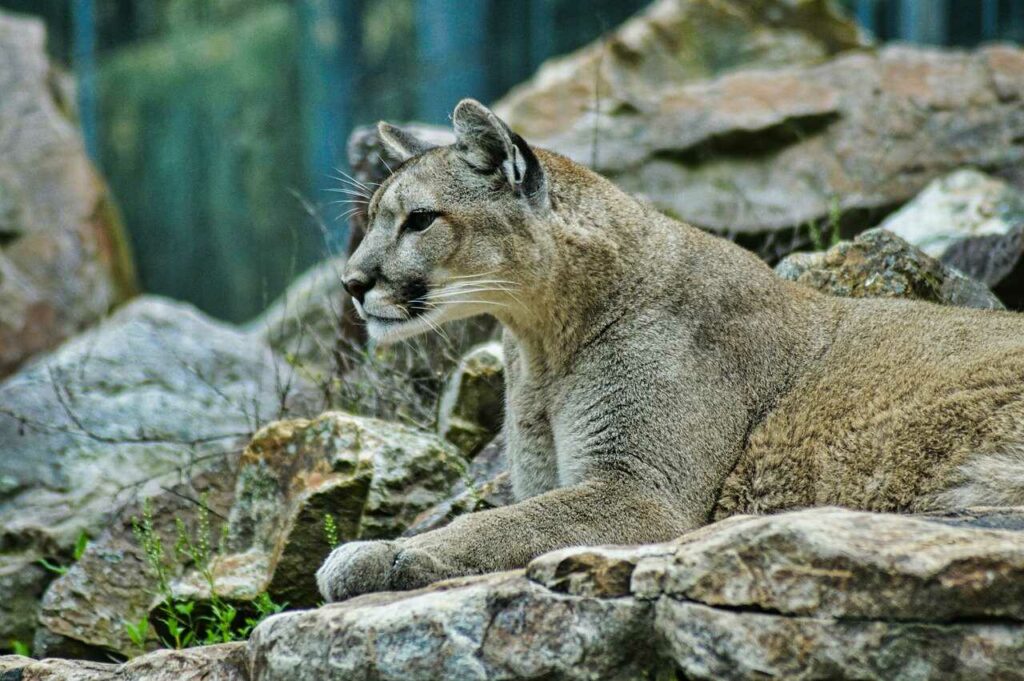
出典:https://pixabay.com/images/id-3451327/
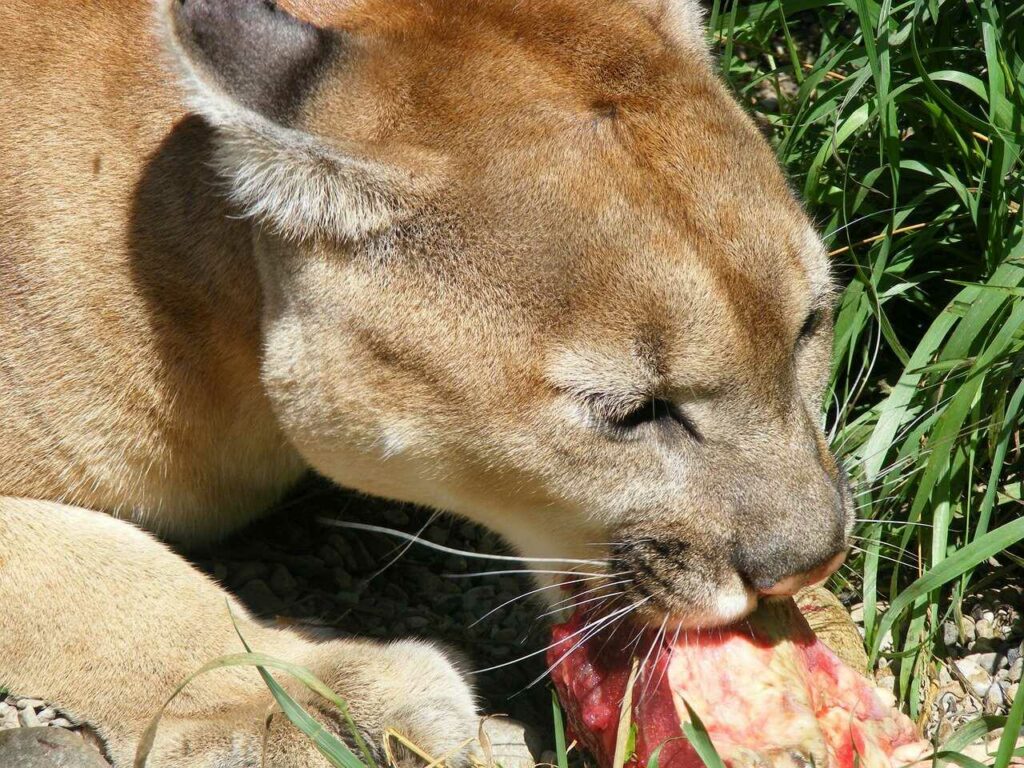
出典:https://pixabay.com/images/id-4190562/
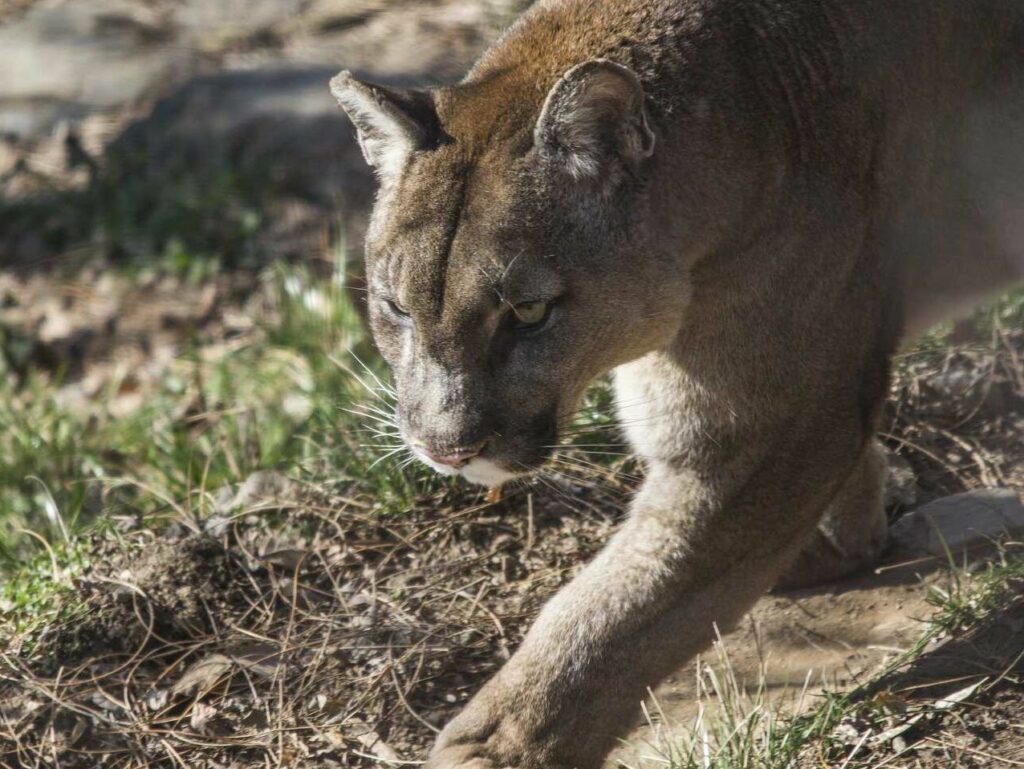
出典:https://pixabay.com/images/id-4844660/
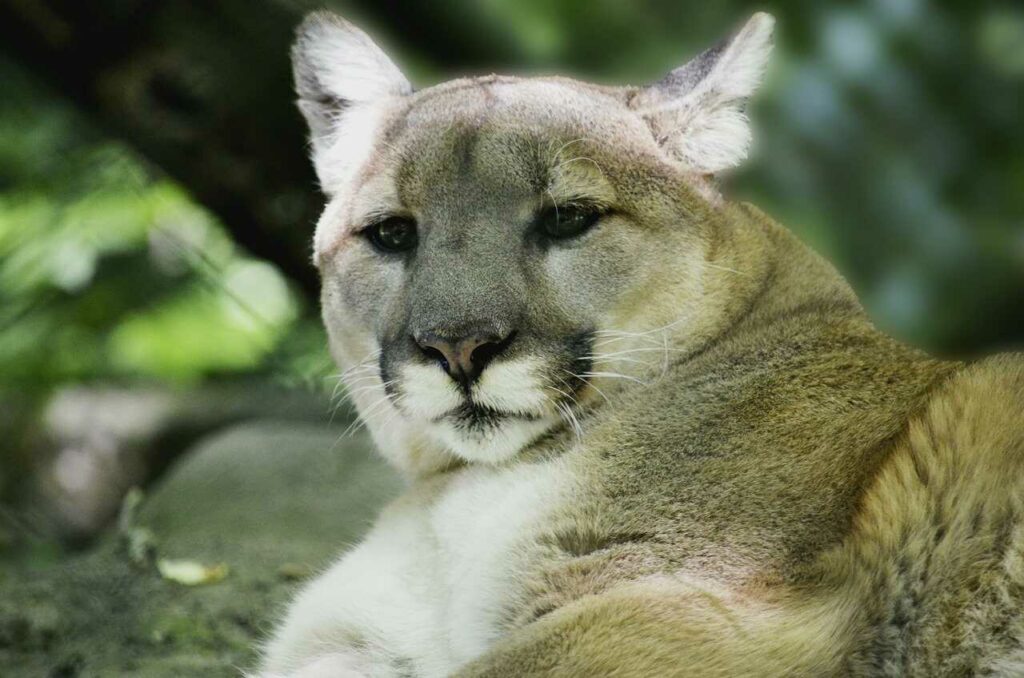
出典:https://pixabay.com/images/id-1274558/
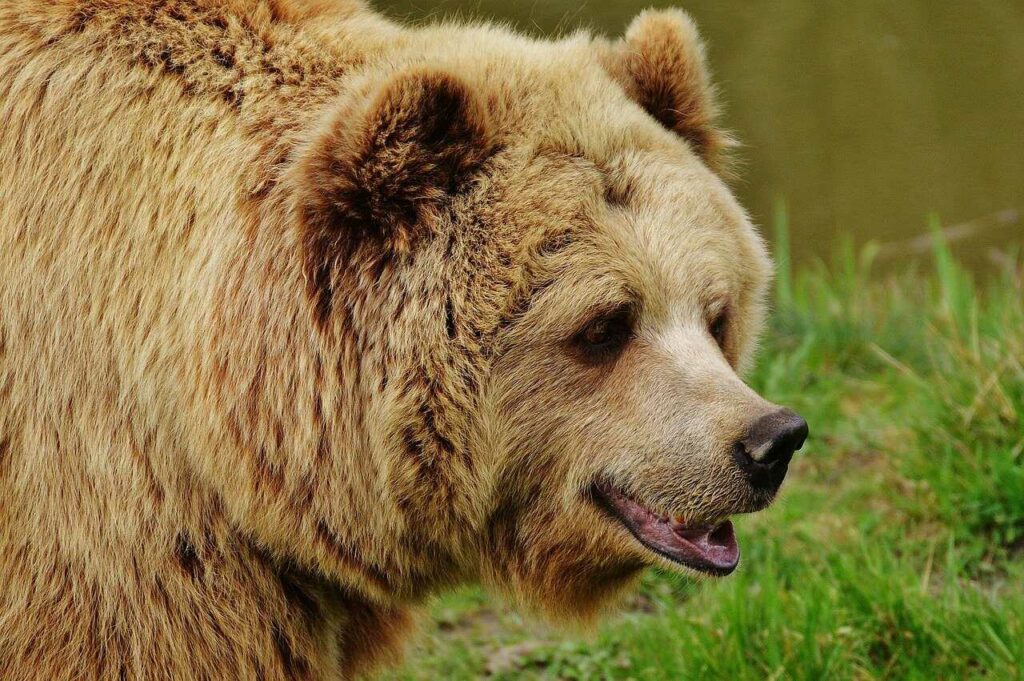
enemy
出典:https://pixabay.com/images/id-1315128/
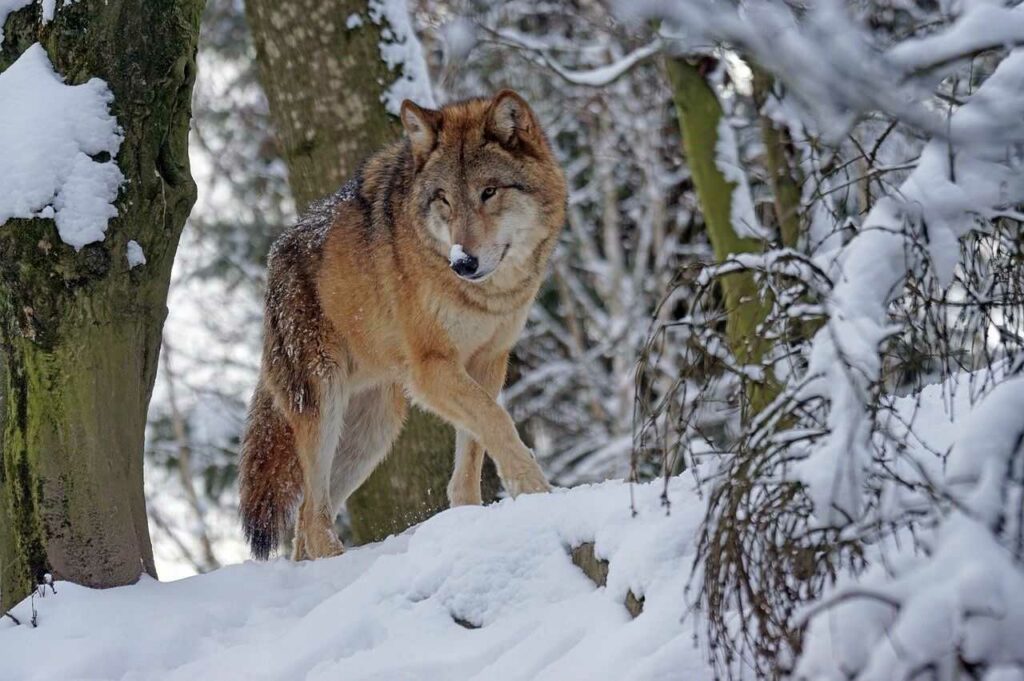
enemy
出典:https://pixabay.com/images/id-1972762/
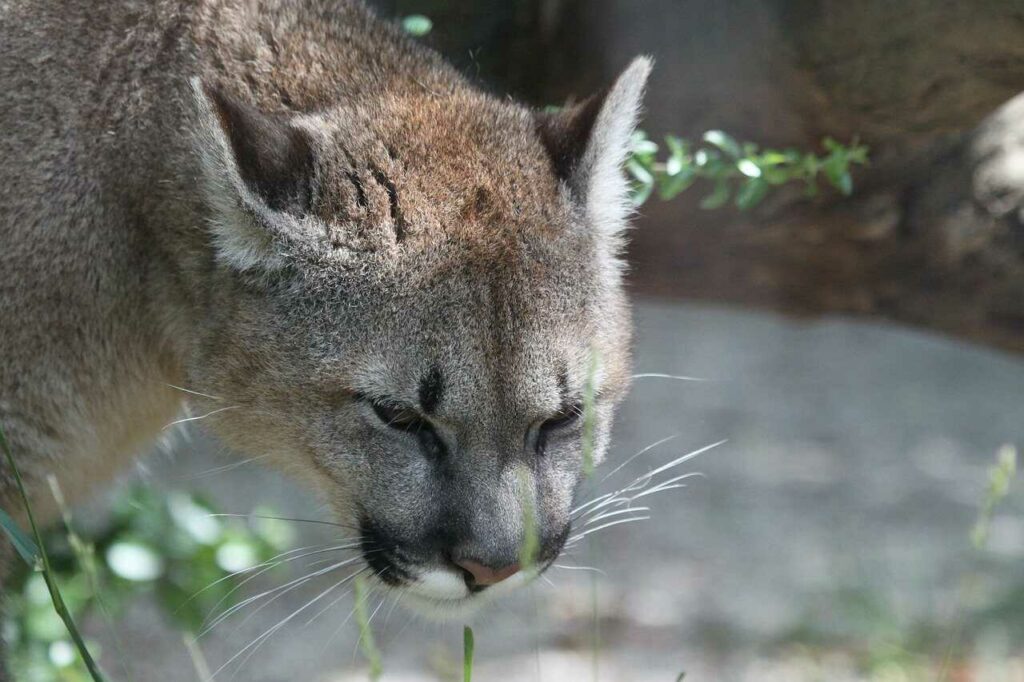
出典:https://pixabay.com/images/id-4615006/

Help Enrich Our Animalbook.jp with Your Media!
We are constantly looking to expand and enrich our Animalbook.jp with amazing photos and videos of animals. If you have any media that you'd like to share, please contribute and help us showcase the beauty and diversity of the animal kingdom. Your submissions will be credited and featured in our encyclopedia, reaching a wide audience of animal lovers.

